State-breaking is not nation making
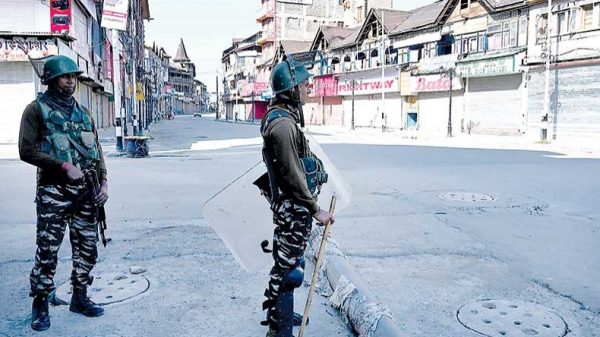
IN INDIA most linguistic and ethnic groups aspire for a state of their own. Militants have taken up arms against the government and against other groups to achieve this particular objective. It is, therefore, astonishing that the abrogation of Article 370 guaranteed by the constitution, and the downgrading of the state of Jammu and Kashmir, are being hailed and celebrated. It is surprising that the Telangana government which secured its state through popular mobilisation, voted for a Bill that dismembered J&K. It is shocking that the chief minister of Delhi, Arvind Kejriwal, who battles for statehood, also voted in favour of the Bill, as did the regional party in Odisha, the Biju Janata Dal.
Regional parties should be wary of a central government that tampers with their state. The government has now the power to demote any state for whatever reason. An unfortunate precedent has been set. Every code, every principle, every constitutional sanction protecting federalism has been violated by the central government that relentlessly implements a myopic agenda. In the process no one asks, why not Article 370 that grants regional autonomy? For regional autonomy is indispensable for India’s plural and complex society.
Issue of co-existence
THIS lesson was hammered into political consciousness by events that followed the collapse of the Berlin Wall in 1989. Countries melted away and a number of new sates emerged out of the debris of old ones often through processes of civil war, ethnic cleansing and genocide. As the world saw a rush of state-breaking and state-making, a new lease of life was infused into dormant separatist movements. Some examples were the Nagas and the Bodos in India, the Chechens in Russia, separatist movements in Azerbaijan (Nagorno-Karabakh) and Moldova (Trans-Dniester), Baluchistan in Pakistan, West Papua in Indonesia, the Oromos and the Somalis in the Ethiopia-Somali region, the Kurds in Turkey, Sudan, the Tamils in Sri Lanka, South Ossetia and Abkhazia in Georgia, and the rise of protest politics in the Kashmir Valley. Regional elites in Canada, the United Kingdom and Europe, such as Quebec, Scotland, Catalonia, the Basque country and Corsica continue to demand independence, off and on. The spate of ethnic cleansing and genocide has prompted scholars to raise the question: how can we ensure that people who speak different languages, worship different gods, and follow different belief systems coexist in a plural society?
Kernel of identity
ON BALANCE, scholars agreed that federalism is the best answer to the question of co-existence. Federalism has since long been offered as an antidote to the centralisation of power, which results in a democratic deficit in large and multicultural societies. Decentralisation and regional autonomy ensure responsive governance, fiscal prudence and efficiency as well as popular participation. But in the 1990s, scholars realised that individuals do not only seek economic benefits. Individuals need to have an identity; they need community whether that of language, or religion, or memory, or shared traditions.
Certainly, some people identify strongly with their community, others identify weakly, and still others move on and adopt the meaning systems of another community. But most of the time, most of us, are intimately attached to the community of birth. For it is from here that we learn the first alphabet of a language that teaches us how to live with people who are like us, and people who are not like us. The alphabet of this language simply allows us to make sense of ourselves, our worlds, and of our relationships with others. If community is so crucial to the fact of being human, individuals should be assured secure access to their community.
Neither the state nor society should harm my community. By harming my community through perverse imaging and acts of violence, you harm me, you harm a citizen of India. Human beings without community are lesser human beings, homeless, wanderers searching for belonging on a road that has no signboards. That is why the loss of community breeds trauma; it leads to struggle, it can even result in civil war. Across the world we see two kinds of struggle, the struggle for material resources, and the struggle for identity. The latter has led to some of the bitterest conflicts in human history.
The one institution that threatens community is the nation state. This is considered one of the major mistakes of history. Nations do not emerge as fully-fashioned entities; they are created by states through flattening out of diverse languages, religions, cultures, through conscription, through education, and through coercion. Attempts by states in the post-colonial world to forge nations out of diverse populations have resulted in tremendous harm. In Sri Lanka, the official estimate was that around 7,000 people were killed, and 72,000 civilians were displaced from their homes by the Sri Lankan Army, as well as by the secessionist group, the Liberation Tigers of Tamil Eelam, in the last phase of the civil war, between January 2009 and May 2009 alone. But this ran counter to data by experts at the United Nations which estimated that as many as 40,000 civilians, if not more, lost their lives.
Thousands of innocent people died as a result of suicide bombings, grenade explosions, attacks on government buildings and installations, indiscriminate murders, assassinations, arson and crossfire. In 1971, when East Pakistan declared itself independent of Pakistan, an estimated 3 million people died in the war between the new state of Bangladesh and the parent country. About 8 to 10 million were rendered homeless. In another historical context, AE Housman had written: ‘They say my verse is sad: no wonder, Its narrow measure spans, Tears of eternity and sorrow, Not mine, but man’s.’ These lines may well provide the epigraph of the nation state.
Regional autonomy
THE homogenising impulse of the nation state generates resistance. These are political wars; they cannot be resolved by military means. The only way to stem, to ward off disorder and the innumerable tragedies mayhem spawns is to strengthen federalism. A decentralised political system enables participation. It also protects minority identities. This was the precise logic that governed the linguistic reorganisation of states in India in the 1950s. This was the precise logic that gave to Jammu and Kashmir, along with other constituent states of the Indian federal system, regional autonomy.
Mature democracies do not steamroller diversity or oppress minorities. They understand that diverse cultures expand and enrich our grasp of the complexities, and the dilemmas of the human condition. A monochromatic society is, by definition, soulless and bare. Stripped of the excitement of learning new languages, acquaintance with new values, familiarity with new cuisines, literature, music, art, sculpture, and ways of conceiving the world, life becomes dull. Life in a plural society promises adventure.
The best way to protect diversity is through the grant of regional autonomy. If we abolish diversity we land up with a sense of longing, loss, and ultimately resentment. Kashmir’s greatest contemporary poet, Agha Shahid Ali, who died at 52, powerfully captures this sense of loss and longing in his poem, ‘A Wrong Turn’: ‘In my dream I am always in a massacred town, its name/erased from maps/no road signs to it/Only a wrong turn brings me here….’ Imagine what happens to a people when they lose statehood. They become refugees in their own land, the land of their ancestors, the land of their memories, the land of their traditions. We have rootless individuals on our hands. They can go in any direction.
TheHindu.com, August 22. Neera Chandhoke is a former professor of political science at Delhi University.


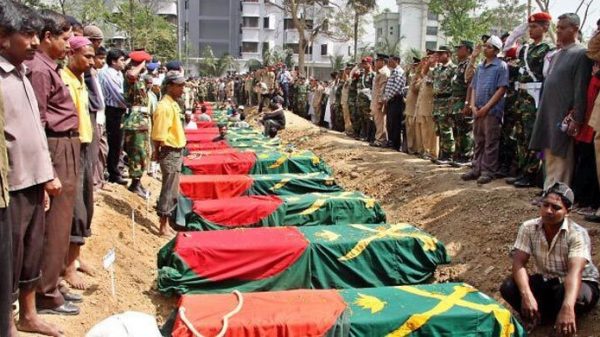
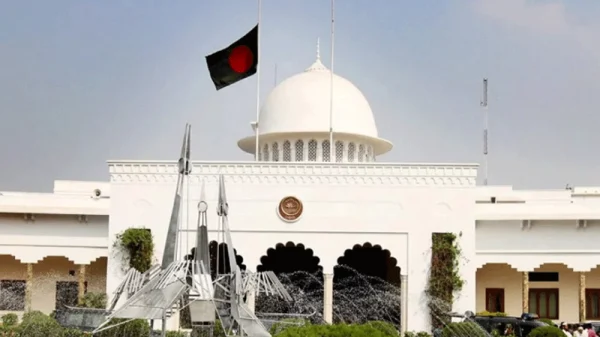
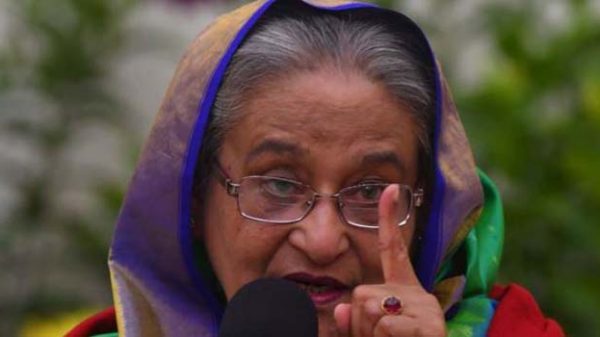
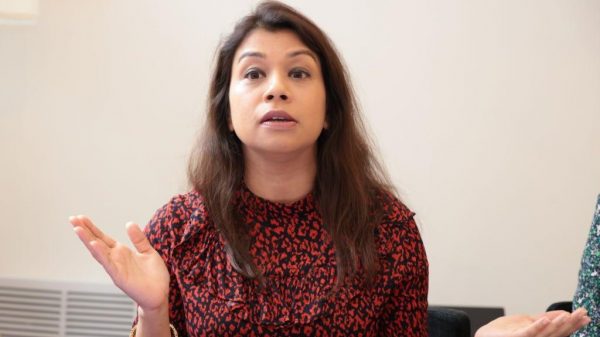
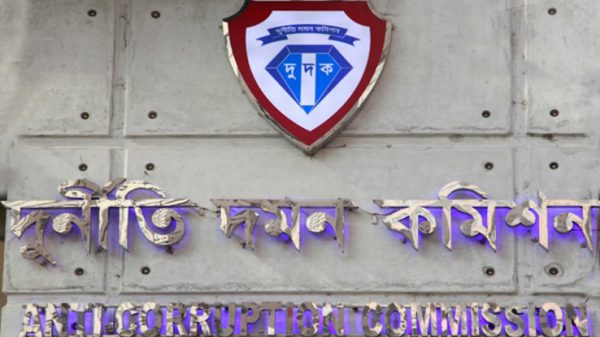
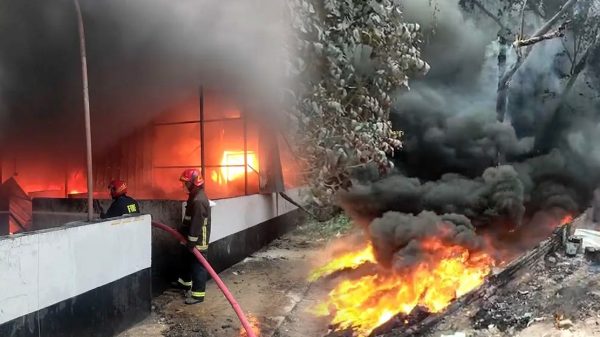
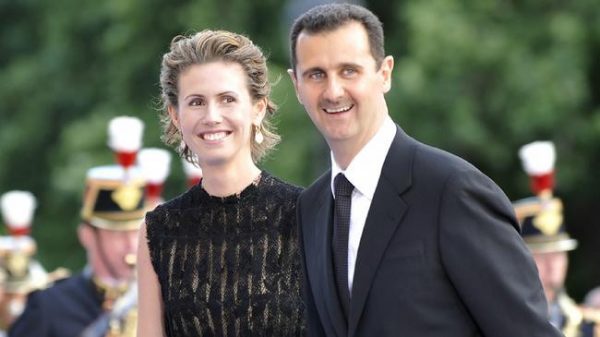
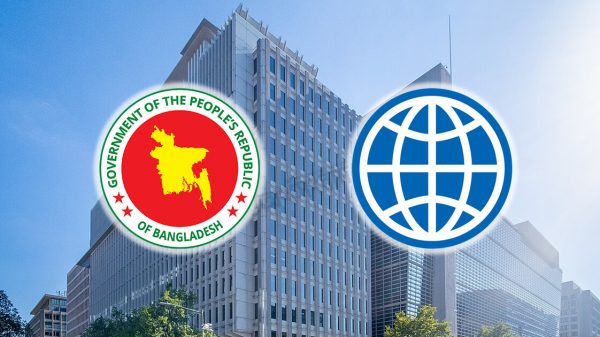
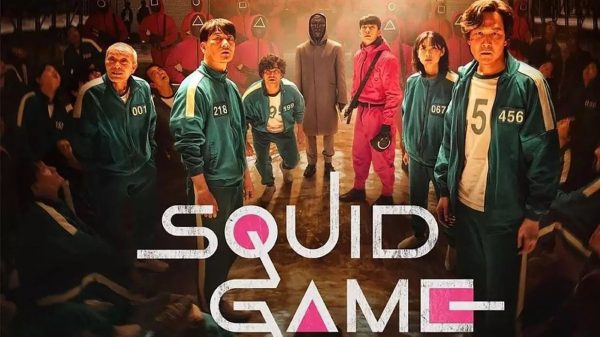
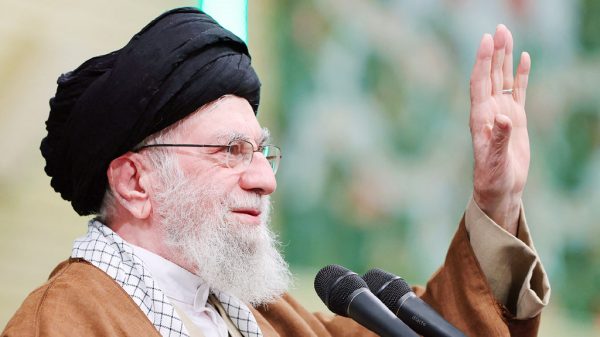
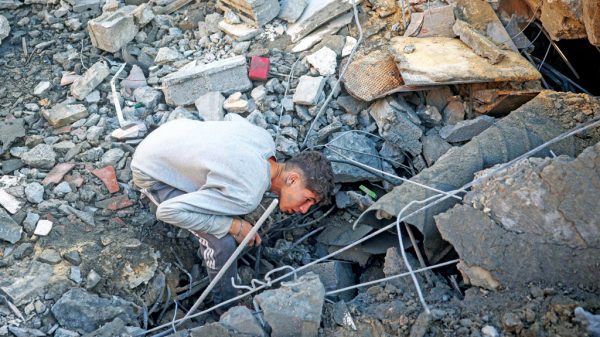












Leave a Reply